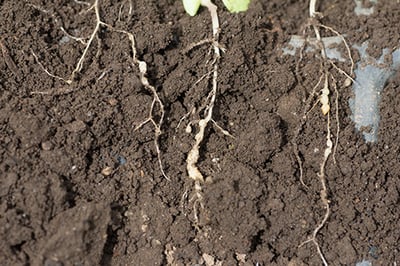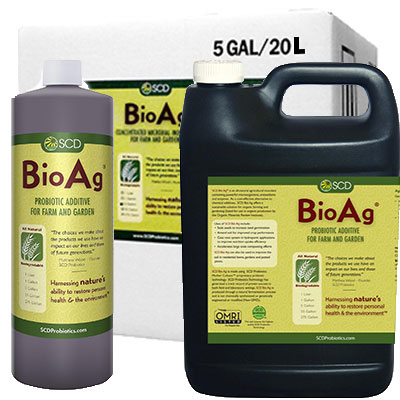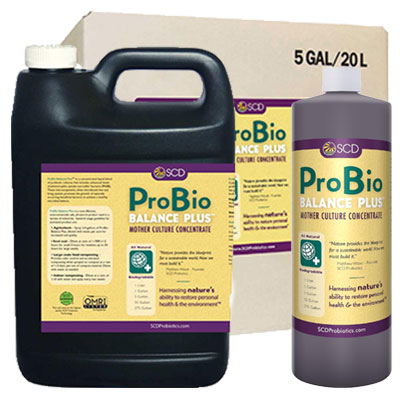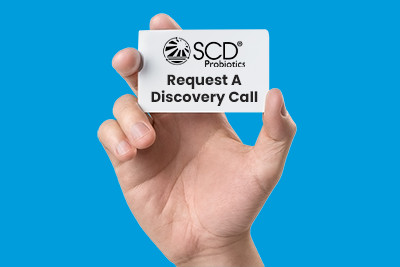Applying effective microorganisms like the ones found in SCD Bio Ag® is a simple solution to successfully fight root-knot nematodes in Tomatoes
Root-knot nematodes are—unfortunately—common. It’s estimated that nematode infestations result in $100B in annual worldwide plant losses. Greatly damaging in warmer climates and under glass, they can be especially devastating to both outdoor and greenhouse tomato crops: once you have an infestation, you can see losses of 30 to more than 50% of your crop.
Sometimes called root-knot “eelworms” or southern root-knot nematodes, because these microscopic worms live in the soil, and affect so many different plants, they can be difficult to eradicate. Chemical nematicides are pricey, not available to organic farmers, and can negatively impact your health and the health of your farm, and the surrounding ecosystem.
 Tomato root-knot nematode damage is most severe in coarse sandy soils.
Tomato root-knot nematode damage is most severe in coarse sandy soils.
What happens is, when you have an infestation, nematode larvae are penetrating your plants’ roots with their needle-like heads, where they start to reproduce, causing root damage and galling. The root damage not only impairs tomato plants’ ability to uptake water and nutrients, but the nematodes then also suck nutrients and water from crops’ root systems, causing plant stress and damaging growth.
Symptoms of a root-knot nematode infestation usually look like a smaller area within the plot where tomato plants are stunted and growing slower than the surrounding plants. The plants are lighter in color and/or leaves may be yellowing. The infestation then spreads slowly across the entire plot.
Once a plant is infested with root-knot nematodes it’s also stressed to the point that it’s more prone to other soilborne diseases—fungal and bacterial.3
How to Control Root-knot Nematodes in Tomatoes
Again, root-knot nematodes are difficult to control because they are soilborne and cause damage to a wide range of plants in addition to tomatoes.1 Chemical pesticide may work to eradicate root-knot nematodes, but it takes a large volume to penetrate the soil--making this an expensive option, not to mention potentially damaging to your health and your farm’s ecosystem.
In addition to crop rotation, effective microorganisms--like the ones found in SCD Bio Ag--have been shown to be effective, since they populate the soil and root zones where nematodes live and help increase plants’ natural defenses against pests. And not only are they effective, but they’re also actually environmentally--beneficial--not to mention, incredibly safe to handle.
SCD Bio Ag is Effective in Treating Root-knot Nematodes
Greenhouse “Field” Test
- 32,000 sq. ft. monoculture plastic greenhouse
- 6 plots tested: 4 using SCD Bio Ag, 1 using nematicide, 1 control.
- Soil with 25-30% clay
- M59 tomato seedlings, which are sensitive to root-knot nematodes, were transplanted.
- The seedlings were then inoculated with root-knot nematode first phase larvae (Meloidogyne spp).
- The control plot was irrigated with water
- The nematicide plot was irrigated with one dosage level: 90% active nematicide (1,500 mL/da)
- The SCD Bio Ag treatments were effective at eradicating a substantial percentage of root-knot nematodes from the soil:
- 91.7% (2500 mL/da concentration)
- 91.1% (2000 mL/da concentration)
- 87.7% (1500 mL/da concentration)
- 78.4% (1000 mL/da concentration)
Lab Test
- Conducted in a culture chamber at the Biological Control Research Station with 25°C temperature and 70% humidity.
- Soil was composed of 80 units of sand, 19 units of garden soil, and 1 unit of organic material
- M59 tomato seedlings sensitive to root-knot nematodes were transplanted to pots
- Each of the SCD Bio Ag plots were irrigated with different concentrations of Bio Ag + Water: 2000 mL/da, 3000 mL/da, 4000 mL/da doses
- Also tested two nematicides, thyme oil, and thyme water.
- The control was irrigated with water.
- The SCD Bio Ag treatments were effective at inhibiting the development of root knots. When examined, each Bio Ag treatment showed low levels of root-knot formation:
- 1.75 avg. index value (root system completely intact) (SCD Bio Ag 2000 mL/da)
- 1.75 avg. index value (root system completely intact) (SCD Bio Ag 3000 mL/da)
- 2.5 avg. index value (Small knots but larger in number compared to level 1) (SCD Bio Ag 4000 mL/da)
Sources:
- https://www.apsnet.org/edcenter/disandpath/nematode/pdlessons/Pages/RootknotNematode.aspx
- https://www.cabi.org/isc/datasheet/33245
- https://www.sciencedirect.com/topics/agricultural-and-biological-sciences/root-knot-nematode
- https://www.youtube.com/watch?v=GJBa5K3JPa8
- https://www.youtube.com/watch?v=w4w0M8hv5aw
- https://www.ncbi.nlm.nih.gov/pmc/articles/PMC3993313/







